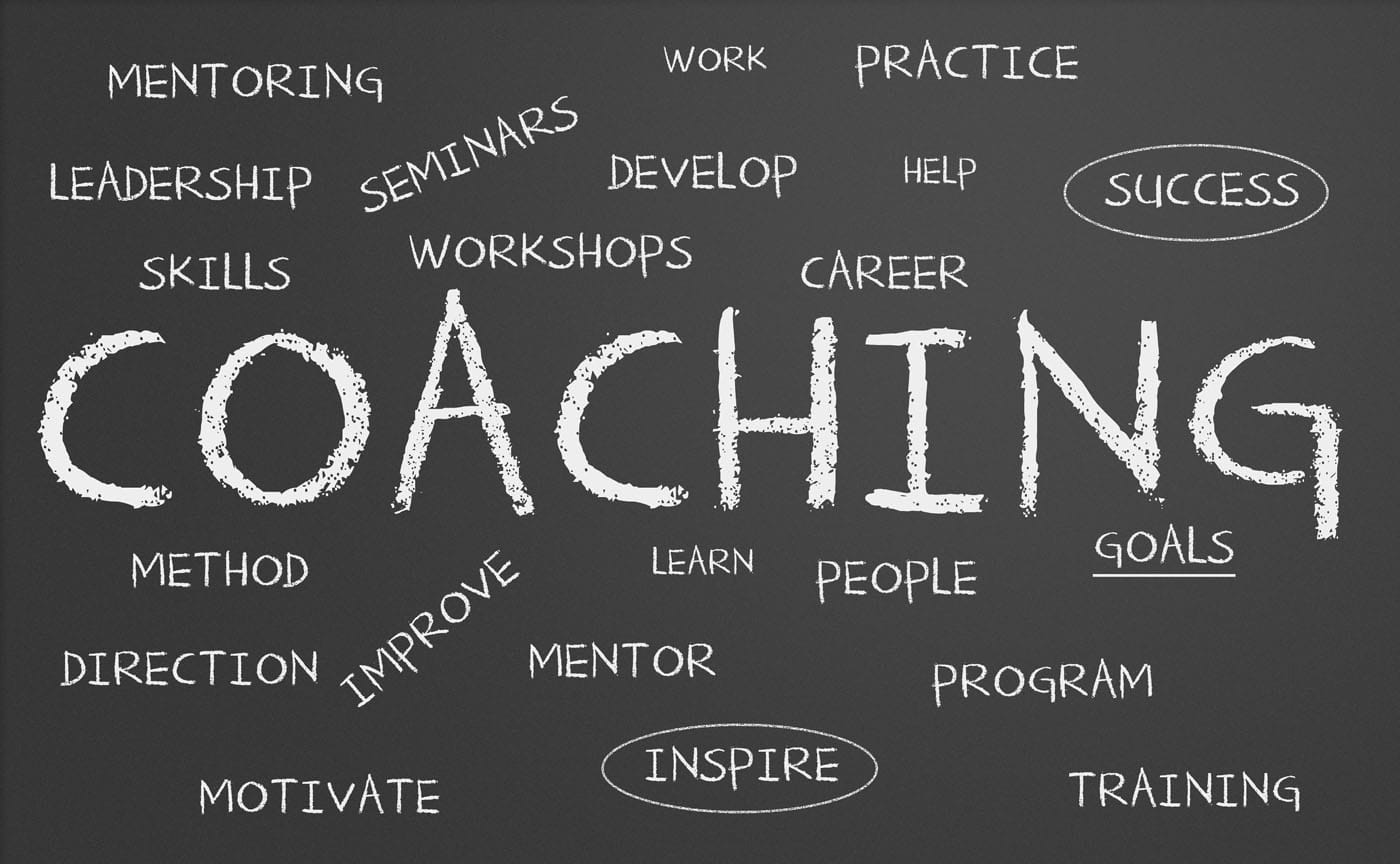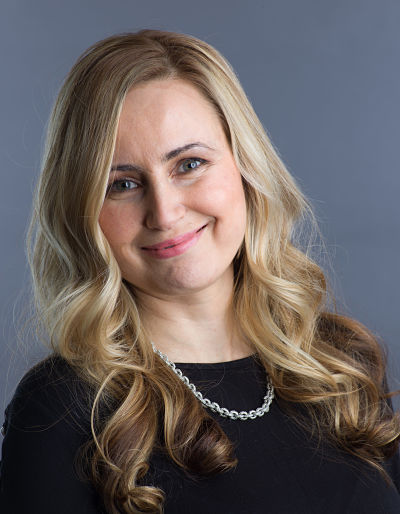Wonder what it takes to use psychology in the workplace?
 This month we are featuring the career profile of Steve Ritter who blends successfully business and clinical psychology in his work.
This month we are featuring the career profile of Steve Ritter who blends successfully business and clinical psychology in his work.
Steve is an Executive coach – Team effectiveness consultant – Clinical social worker. In today’s post, he shares information about his career as an Executive Coach, and provides some strategies for navigating transitions from his own experience.
Tell us about your practice as an executive coach and team effectiveness consultant. What do you do for your clients?
Most of my clients are looking for tools, resources, and support raising the health and wellness of their teams, their organizations, or their career journey. This almost always includes a comprehensive assessment of strengths, some training around effective teams, and consultation around the actions that best support their goals. For some, this helps them move from good to great. For others, this means diagnosing whatever may be keeping them stuck. Many clients just need help managing a significant change. Alternatively, I am sometimes called to provide executive coaching when a person, team, or organization is broken and needs repair.
What do you find most fulfilling about your work?
“Transforming Struggles to an Opportunity for Growth”
The path to wellness is always fulfilling. I derive tremendous satisfaction from observing people transform struggle to growth. At an organizational level, effective teams make greater contributions. Businesses innovate. Teachers inspire students. Health care professionals heal the sick. Sports teams win more games and put more fans in the stands.

What is the most challenging part of your job?
When you engage in a partnership, you assume accountability for the complex challenges of your client. It’s not always easy to maintain work-life balance when managing the weight of numerous relationships. Because the lives of your clients – big and small – matter, sustained focus is required to deliver engaged stewardship.
What education and experience are necessary?
There are an array of certification paths available for executive coaches. In some ways, it’s the “Wild West” out there because of the lack of a centralized governing body. My credentials are anchored in my clinical training as a Licensed Clinical Social Worker. In the State of Illinois (and in the State of Minnesota where I am also licensed), this requires a minimum of a Master’s degree from an accredited university, 3000 hours of post-graduate supervised experience, a rigorous examination, and 30 hours of continuing education every two years. Because I have 32 years of diverse post-graduate experience in business, health care, human resources, and education settings, I am generally considered an advanced professional within my peer group.
What was your professional background before you started your coaching and consulting practice?
I began my career in Community Mental Health. This led me to leadership opportunities in Special Education, Health Care, and Human Resources environments. Along the way, I began teaching at the college level as my independent clinical, coaching, and consulting practice grew. The momentum of my private business accelerated after the publication of my first book, Team Clock: A Guide to Breakthrough Teams. The release of this book ignited an exciting array of new professional opportunities resulting in the launch of the Team Clock Institute in 2010. Since then, my professional path has been filled with rewarding engagements with organizations of all sizes in a broad spectrum of industries.
How did you navigate transitions between different fields in your career?
Every transition I made was the answer to the question, “What is my favorite aspect of my current role and what would it look like to be doing just that full time?” The shifts from industry to industry (e.g. Health Care to Human Resources to Coaching/Consulting) were anchored in the expression of my core competencies of helping individuals and teams become healthy. While the industries may have changed, the services I deliver have always remained the same.
What advice do you have for those who desire a career change?
This is best answered by quoting an excerpt from a recent Team Clock blog:
There is an art and science to finding the next team. The art begins with creating a vision for the outcome of the change. Imagining the role that would awaken your professional passion provides guideposts and a target. The science of the transition, however, follows specific steps. It begins with self-awareness and assessment of your resources, strengths, and interests. To read more on career change, feel free to review a blog on finding your next team.
What is the income range for people in business psychology coaching and consulting?
It depends on how hard you wish to work and how important making money is to you. There are plenty of roles that are more mission oriented that don’t pay particularly well but fill your heart with meaning and purpose. For instance, I love to teach at the college level but, as an adjunct faculty, the compensation comes out to about $15/hour when you factor in all of the time you spend meeting with students, designing curriculum, and grading papers. On the other side of the spectrum, thought leaders in this career path can make in the range of $250 to $500/hour by providing assessment, training, speaking, coaching, and consulting services. Most of the coaches and consultants I know blend a healthy combination of mission and money oriented activities. The engagements that pay well tend to subsidize the ones that don’t.
Final words of advice for people considering a similar career path?
Make sure to stay connected with your teachers and mentors. When you take care of others for a living, you have to make sure that your needs are being addressed as well. Be an active steward of your own wellness both personally and professionally. Become a role model for work-life balance and make sure all of your own teams and relationships are healthy and strong. Practice what you preach. Keep your professional network active and growing. These are among the most import investments you can make in a thriving career path.
Steve is the Founder and CEO of the Team Clock Institute, and the Managing Director of the Midwest Institute & Center for Workplace Innovation. He has provided coaching and team development services to thriving schools, businesses and organizations. Steve also teaches career development courses at the Center for Professional Excellence at Elmhurst College where he earned the President’s Award for Excellence in Teaching. He has served as a consultant, teacher, human resources director, health care administrator, and licensed clinical social worker.
Follow Steve on social media: LinkedIn, Facebook, & Twitter.



0 Comments